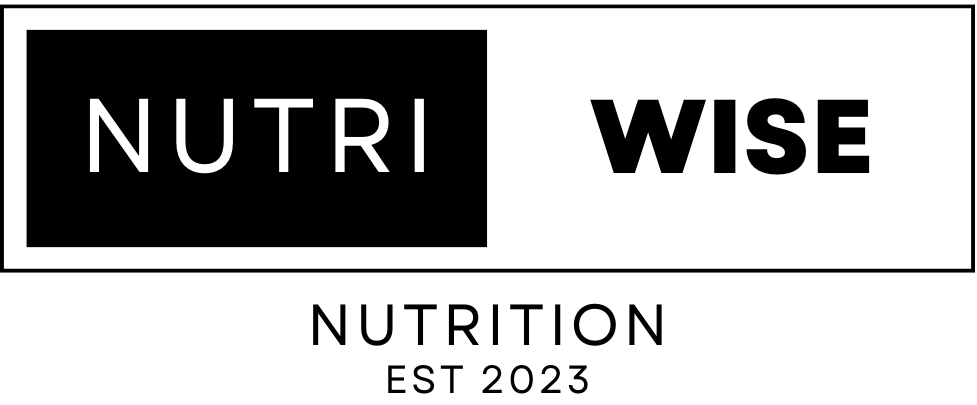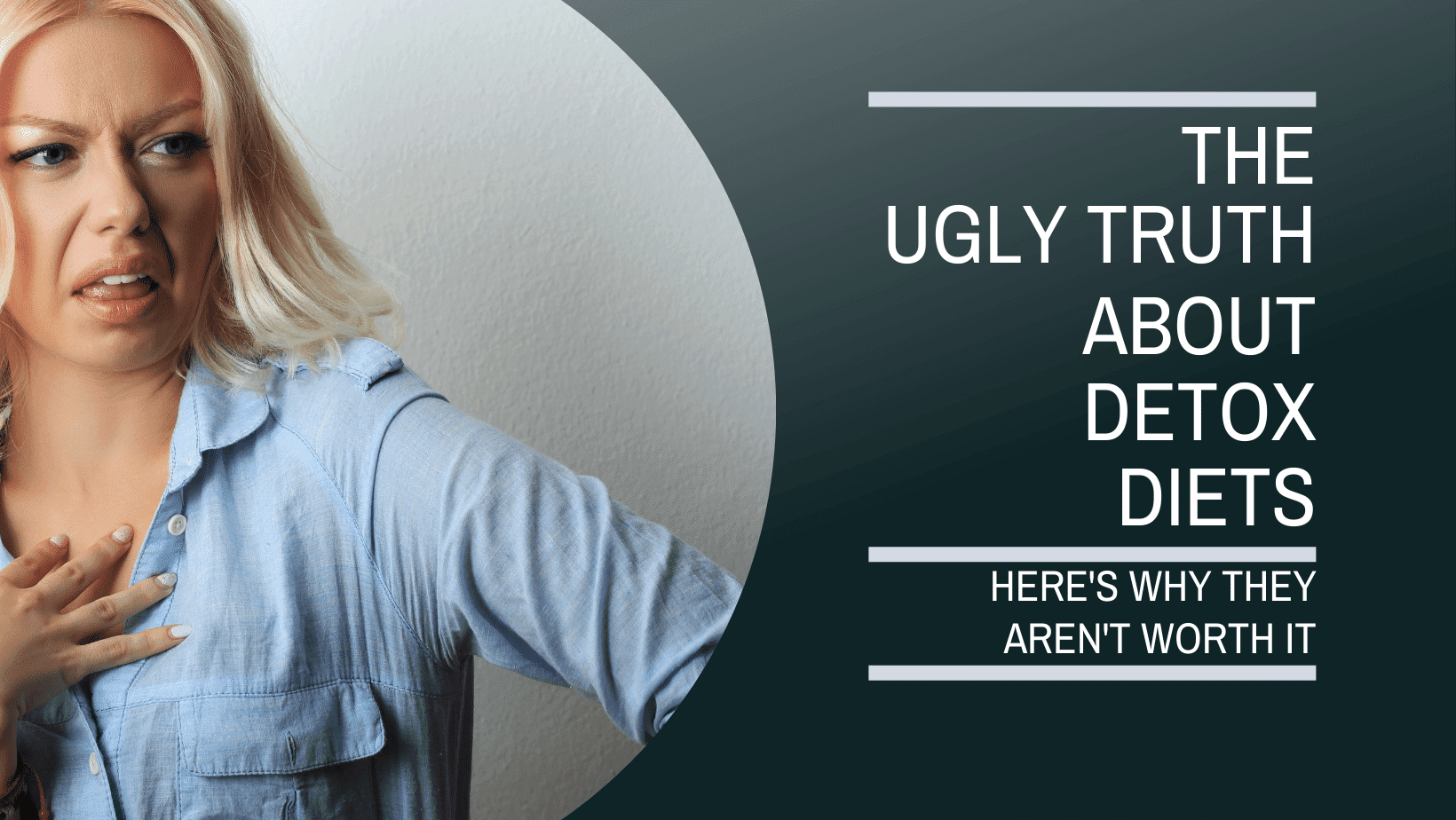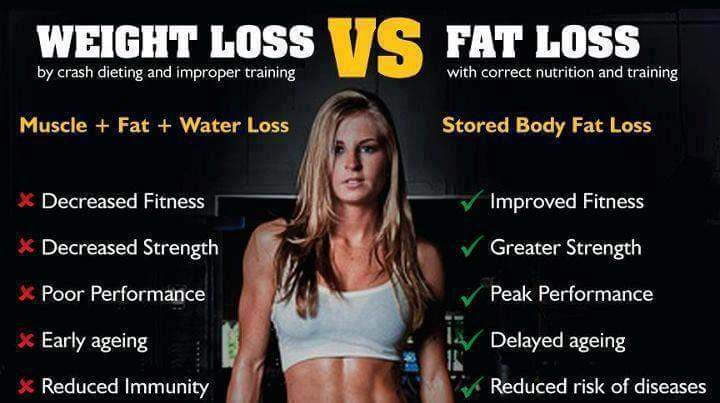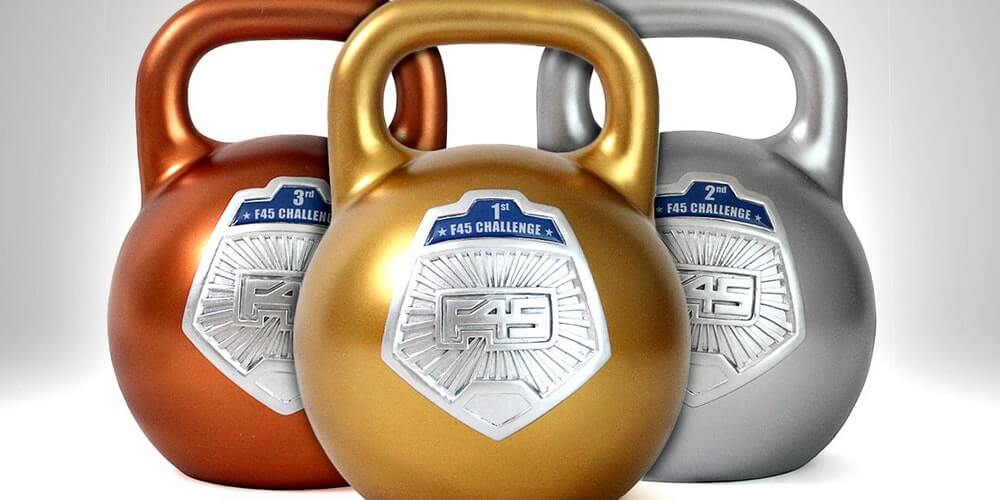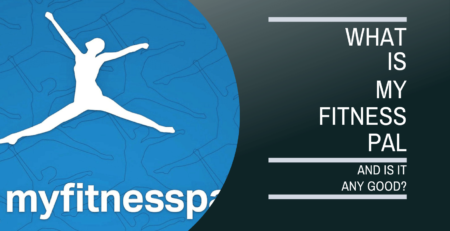The Ugly Truth About Detox Diets
Detox diets have become a popular trend in recent years, with many individuals seeking a quick solution to weight loss and improved health. However, the truth about these diets may not be as glamorous as it seems. Detox diets rely on meal replacement shakes and bars that often contain ineffective and potentially harmful ingredients. In reality, these diets can be psychologically unhealthy, nutritionally incomplete, and unsustainable in the long term.
One of the issues with detox diets is the misleading marketing tactics used to promote them. Many companies claim that their products can help individuals lose weight, increase energy, and improve overall health. However, these claims are often unsubstantiated and lack scientific evidence.
In addition, many detox diets are promoted as a quick fix, promising rapid weight loss in a short amount of time. Unfortunately, these promises are often unrealistic and can lead to disappointment and frustration for those who try them.
In this article, we will explore the ugly truth about detox diets, including their misleading marketing tactics, harmful health effects, and long-term ineffectiveness.
Misleading Marketing Tactics
Detox shake companies employ deceptive marketing tactics by promoting their products as ‘balanced meal replacements’ and ‘instant healthy meals’, despite the fact that these products often contain ineffective ingredients and potentially harmful additives.
These companies prey on vulnerable populations, such as individuals looking for quick weight loss solutions or those with body image issues.
The cost of these overpriced products is often unsustainable for most individuals, and they may resort to cutting corners by using cheaper ingredients like soy and pea protein isolates, which are inferior sources of protein compared to whey protein.
Furthermore, the caloric breakdown of these detox shakes may look reasonable, but the ingredients panel is where things get interesting.
These products often contain maltodextrin, which can rapidly spike insulin and blood glucose levels, leading to negative health consequences.
Additionally, the use of potentially harmful additives and the reliance on meal-replacement shakes and bars can be psychologically unhealthy, promoting an unhealthy relationship with food and leading to more weight gain in the long term.
Detox shake companies need to be transparent about the ingredients in their products and their potential risks, and consumers need to be informed and cautious when considering these products as part of a healthy diet.
Harmful Health Effects
The potential dangers of relying on meal-replacement shakes and bars for weight loss have been well-documented in various studies. These products may lead to negative impacts on health due to their lack of nutritional value and potential harmful additives.
Many detox diets and shakes contain high levels of sugar and carbohydrates, which can lead to rapid spikes in insulin and blood glucose levels. This can cause weight gain and increase the risk of developing type 2 diabetes.
Additionally, many detox shakes and bars are marketed as ‘balanced meal replacements’ and ‘instant healthy meals,’ but they often lack essential vitamins, minerals, and other nutrients that whole foods provide. This can lead to nutritional deficiencies and a weakened immune system.
Moreover, the over-reliance on these products can lead to an unhealthy relationship with food and a loss of the social aspect of eating. Therefore, it is crucial to avoid relying solely on meal-replacement shakes and bars for weight loss and instead focus on a well-balanced diet consisting of whole foods.
Long-Term Ineffectiveness
Long-term effectiveness of meal-replacement shakes and bars for weight loss is questionable. While these products may provide a quick fix to shed some pounds in the short term, they are often ineffective for sustainable weight loss in the long term.
Detox diets and shakes rely on meal replacements to restrict calories, but they do not promote healthy eating habits or a balanced diet. As a result, individuals are likely to return to their previous eating habits and regain the weight they lost once they stop the detox diet.
Furthermore, relying on meal-replacement shakes and bars for an extended period can lead to unsustainable habits. These products are often expensive, and the cost of relying on them for an extended period may not be feasible for most individuals. Additionally, they lack the social aspect of eating and can be isolating and boring, leading to a negative relationship with food.
Therefore, it is crucial to consider the long-term effectiveness and sustainability of detox diets and shakes before embarking on them for weight loss purposes.
